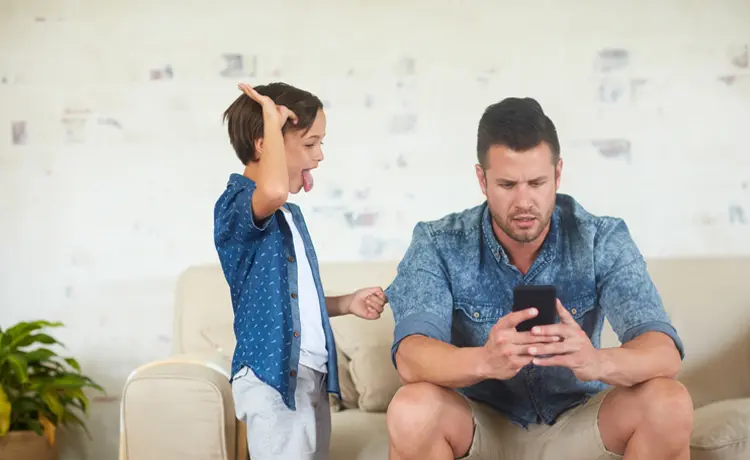You’re the loving parent of two young children and your day is full of demands, from making dinner and cleaning up, to folding laundry and replying to that urgent text from your best friend… Are you a distracted parent?
Multitasking and Distracted Parenting
There’s so much to do not only for your children but for yourself, your household, your relationships and your work! Being a parent involves a lot of multitasking, which can easily turn into distracted parenting. Nevertheless, parents need to do their best to keep their focus on their children and pay attention to them. Did you know that it only takes a few minutes or even seconds for an unsupervised child to get seriously hurt? It doesn’t take long for a toddler to open a door and cross the street, to climb furniture and fall, to run into a swimming pool or reach for a sharp object while you’re distracted.Manage Your Screen Time
It’s easier said than done, but make an effort to put down your phone or tablet. Aside from adding to distracted parenting, spending too much time on your device can hurt your child’s development. When you’re on your device your child not only receives less attention from you, but also less eye contact and fewer meaningful interactions. He or she may also feel ignored. Here are some tricks to help you unplug to focus on your child:- Turn off notifications from apps that aren't important.
- Silence your phone or put it out of reach when you can.
- Schedule in device-free time.
![]() Remember: No notification is more important than you child’s needs.
Remember: No notification is more important than you child’s needs.
Fit in Some One-On-One Time
When parents are distracted, busy and moving at such a fast pace, they often miss opportunities to spend quality time with their children. Spending real, focused one-on-one time with your child, even if it’s for a short period of time, is very important. Here are some ideas for focused one-on-one time:- During playtime, focus on the positive things your child does.
- Be silly together during playtime.
- Read your child a bedtime story – or have him or her read it to you!
- Eat supper together (device-free) and ask your child about his or her day.
- Do a chore together.
- Teach him or her something new.
